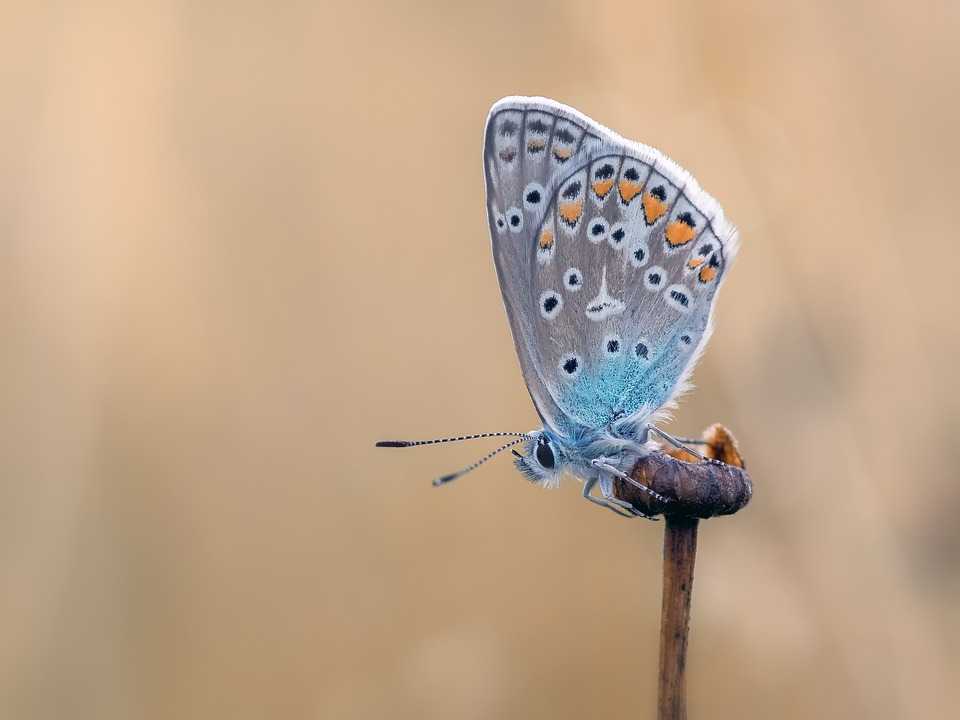Pest Control with a Conscience: The Rise of Natural Bug Spraying
In recent years, the conversation around pest control has evolved significantly. Traditionally dominated by synthetic chemicals and sprays that promise immediate results, the pest control industry is experiencing a paradigm shift. More consumers are becoming aware of the potential health hazards and environmental implications associated with conventional pesticides. As a result, natural bug spraying is gaining traction as a sustainable and conscientious alternative.
Understanding the Shift
The move towards natural pest control methods stems from a combination of awareness and environmental consciousness. Reports linking chemical pesticides to adverse health effects, including respiratory issues, cancer, and hormone disruption, have spurred consumers to seek safer options for themselves, their families, and the environment. Additionally, the growing concern about biodiversity loss and the negative impact of synthetic chemicals on ecosystems has created a fertile ground for the acceptance and expansion of natural pest control solutions.
What Are Natural Bug Sprays?
Natural bug sprays are typically formulated from plant-based ingredients and essential oils. They can include substances like neem oil, garlic extract, diatomaceous earth, essential oils (such as peppermint, lavender, and citrus), and vinegar. These natural ingredients can be effective at repelling or killing pests without the harmful side effects associated with traditional pesticides.
A key benefit of natural bug sprays is their target-specific action. Unlike many conventional chemicals, which can be broad-spectrum and harmful to beneficial insects, natural solutions can be designed to minimize collateral damage to non-target species, including pollinators like bees and butterflies.
Advantages of Natural Pest Control
-
Healthier Living Environments: Natural bug sprays typically lack harmful chemicals, reducing the risk of inhalation or skin contact that can occur with synthetic substances. This is especially important for households with children, pets, or individuals with allergies and sensitivities.
-
Environmental Responsibility: The formulation of natural pesticides focuses on sustainability. By utilizing biodegradable, plant-based ingredients, these products can break down more easily in the environment, reducing pollution and contamination in soil and waterways.
-
Long-term Efficacy: While some may argue that natural bug sprays offer slower results, many advocate that they promote long-term pest management by targeting specific species and encouraging the presence of beneficial insects that naturally control pest populations.
- Consumer Awareness and Education: As consumers become more aware of their choices, many natural pest control brands are stepping up with transparent labeling and education about their ingredients, empowering users to make informed decisions.
Challenges and Considerations
Despite the rising popularity of natural bug sprays, the transition to green pest control is not without its challenges. One major issue is the perception of effectiveness; many consumers associate fast-acting synthetic chemicals with superior results. Natural products often require repeated applications, and their efficacy can be influenced by environmental factors.
Moreover, regulation and standardization in the natural pest control industry can vary significantly. It is crucial for consumers to read labels carefully and understand the formulation of the products they are using. Certifications and third-party testing can also provide increased assurance.
The Future of Natural Pest Control
As technology continues to advance, the natural pest control industry is likely to see significant innovation. Research into the use of biopesticides, which rely on living organisms or natural materials to control pests, is ongoing. Additionally, advancements in genetic engineering and biotechnology may yield new natural solutions that are both effective and safe for ecosystems.
Overall, the rise of natural bug spraying reflects a growing trend towards sustainable living and increased awareness of our impact on the planet. By embracing these alternatives to traditional pest control, consumers can contribute to a healthier environment, all while effectively managing pest problems in their homes and gardens.
In conclusion, pest control with a conscience extends beyond mere extermination; it represents a holistic approach to living harmoniously with nature. As more individuals prioritize health and environmental sustainability, natural bug spraying is not just a trend but a vital component of responsible pest management for the future.
